Is Google Pixel 8 Pro Worth Its Price Tag of Over A Lakh? AI Camera and Longer OS Support Await You!
The Google Pixel 8 series has once again received a wide launch this year, and that includes markets like India, where we also saw the launch of the Pixel 7 series in 2022. The Pixel 8 series promises to step into the world of AI with a smartphone that the whole world now wants to experience.
The Pixel 8 Pro is once again the highlight of the range, not just because it has one extra camera on the back, but also premium features that Google believes will make the phone worth over Rs 100,000. Yes, there are some interesting upgrades, not the least of which is the new Tensor G3 chip, which will hopefully improve the battery and thermal management front. But again, it remains to be seen whether the new Pixels have enough in the tank to challenge their high-end peers.
Google Pixel 8 Pro, starring AI camera
Google had a lot to say about the AI capabilities of the Pixel 8 series cameras, and the Pixel 8 Pro extends that capability with a telephoto lens. AI basically means you can create a visual from scratch, which Magic Eraser does quite well. You also have the option to edit the audio of the video using the artificial intelligence technology provided by the Tensor G3 AI chip (more on that later).
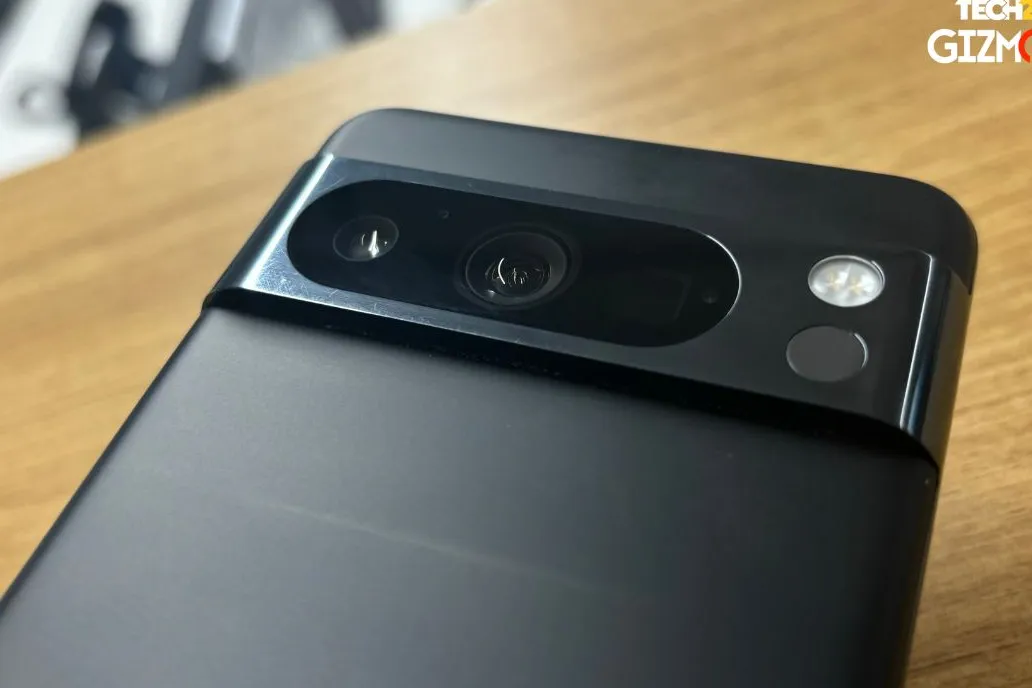
The AI is also supposed to help maintain the Pixel 8 Pro’s battery life and other smart features necessary to use the smartphone. The AI camera will take its time to process these changes, but Google wants to show us its strength in this direction, which can become faster and more efficient in the near future.
Tensor G3 chipset: Third time lucky?
Google decided to use its in-house Tensor chip, and truth be told, progress has been limited. Last year’s Tensor SoC was underpowered in various ways, so we were hoping for better returns with its successor. The Tensor G3 is certainly much more reliable than the G2, but the benchmark wasn’t hard to beat, but when compared to other Qualcomm SoCs and even Apple’s A-series chip, the performance levels feel more half-tuned. – a mid-range phone like a flagship.
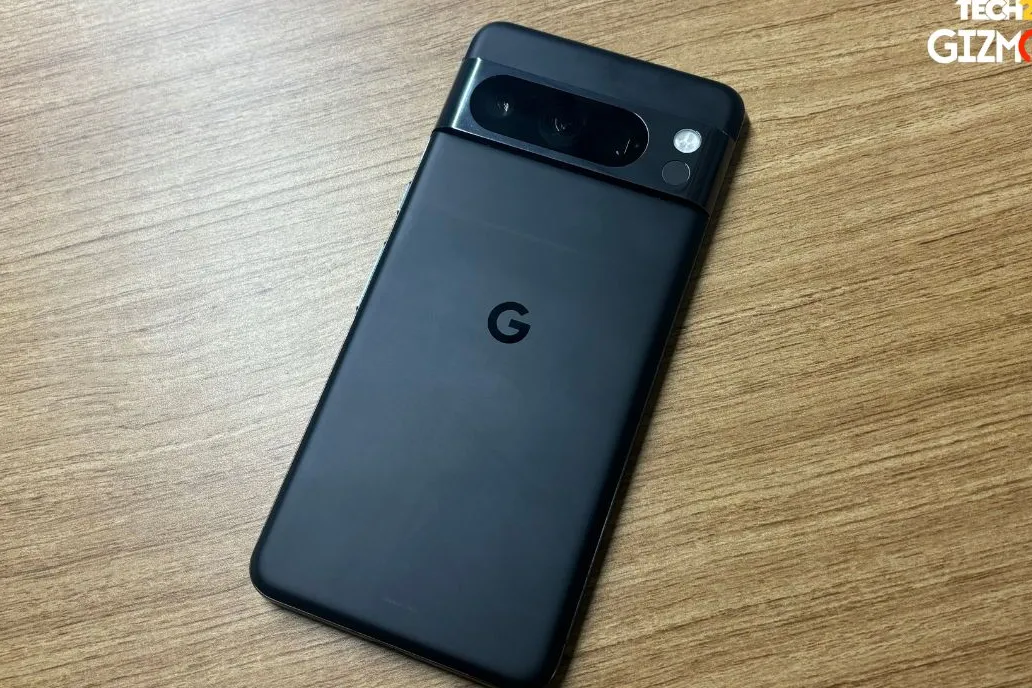
We noticed that the thermal levels are not for this time, which means that the chipset cores manage the heat better. However, it’s hard to match the Pixel 8 models with the G3 as a competitor to the iPhone 15 Pro, at least in terms of performance, which has become evident in several benchmark tests.
Effective design changes
Compared to the Pixel 7 series, the new Pixel phones have some design changes that improve grip and handling.
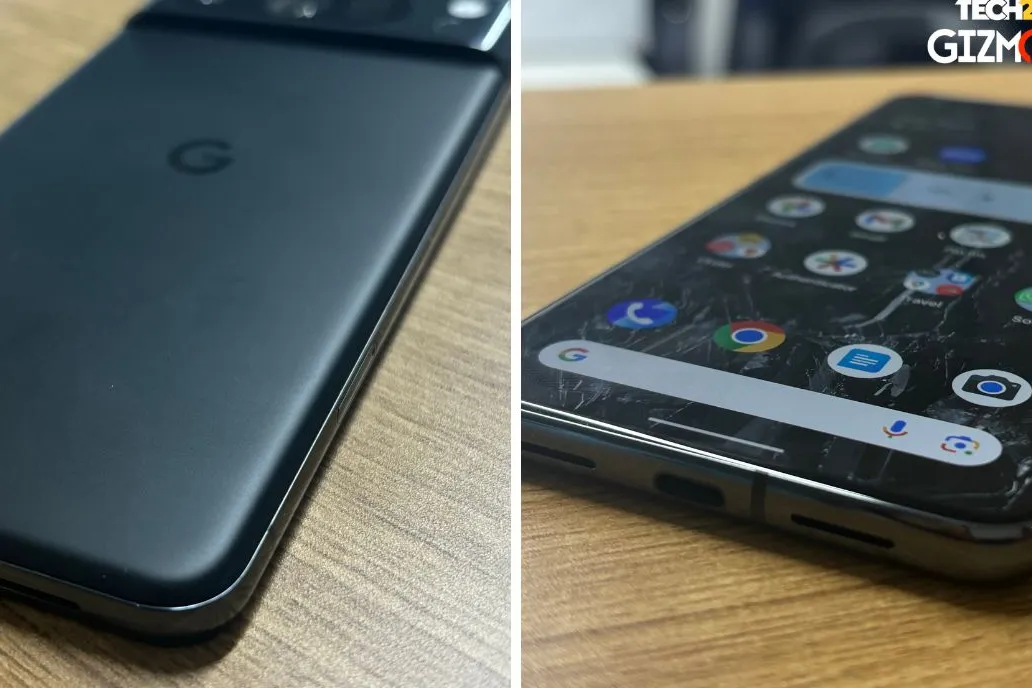
The curved edges and the matte finish on the back panel make the phone more durable and prevent it from picking up smudges easily, and also make it less slippery than the Pixel 7 Pro. The overall balance of the device is also much better, which is crucial when you have a large capacity battery inside.
Really good display
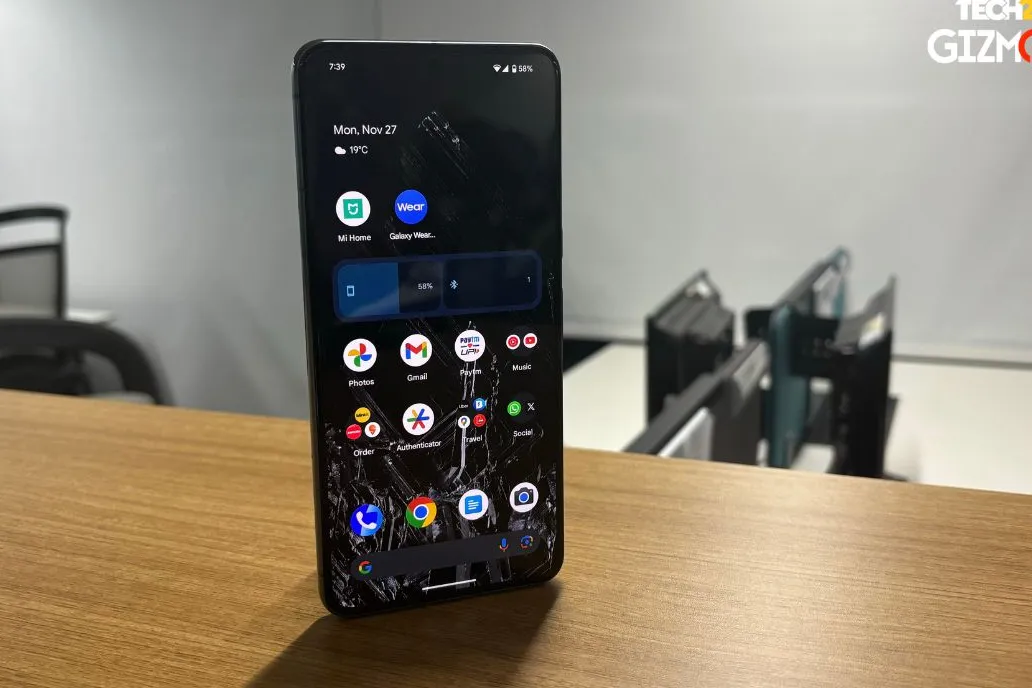
Google pointed out that it is using the new Actua display panel in the Pixel 8 series, and we have to say that the Pixel 8 Pro display is definitely flagship-class. It achieves a QHD+ resolution with a 120Hz refresh rate display that offers soft and smooth touches and navigation is also seamless.
How is the battery doing?
The Pixel 8 Pro fares better than the 7 Pro in terms of battery life, thanks in large part to the new Tensor G3, which manages heat better. The Pixel 8 Pro has an average screen-on time of around 5 hours, which is nowhere near other giants in the premium market.
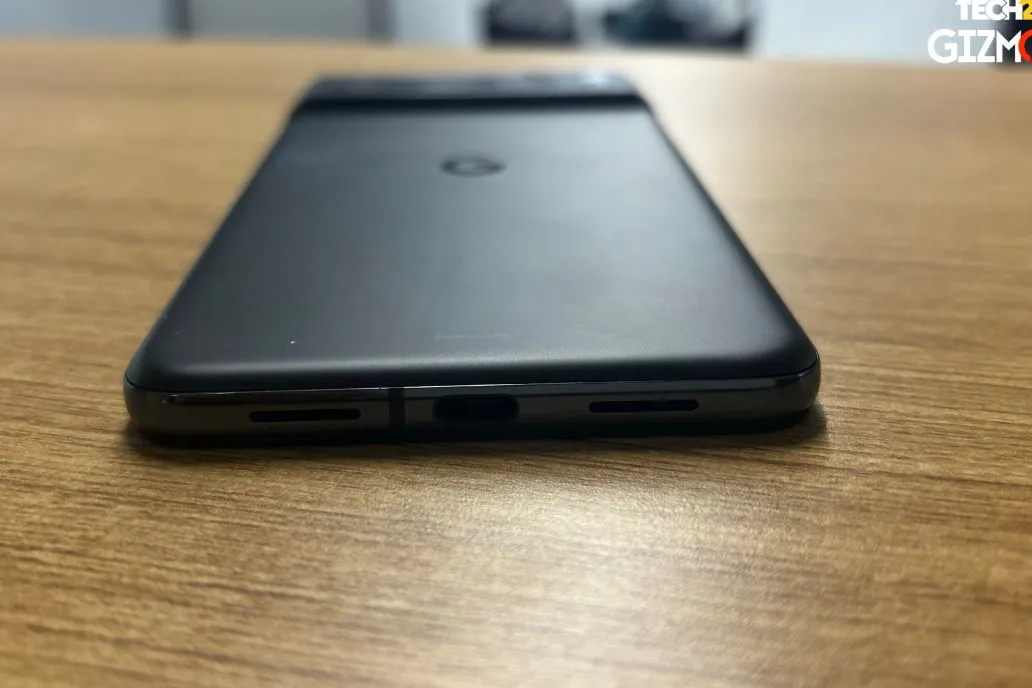
On top of that, you won’t get fast charging speeds, which means the phone will be connected to the charger for longer than, say, the OnePlus 11, which supports over 80W charging speeds. The 8 Pro now supports 30W wired charging speeds, up from the 27W speed offered by the Pixel 7 Pro last year.
What about everything else?
The Pixel 8 Pro has 12GB of RAM with the Tensor G3 chipset, and you can get storage options up to 256GB in India this year. The whole hardware package allows you to complete most tasks, including gaming, without much fuss, but the levels are not comparable to other flagship devices, as we mentioned earlier.
It just feels like Google is still trying to catch up with the Tensor G3, especially since the G2 pushes them two steps back from the competition. Face ID feels more reliable, but it falters when there’s little light around you, which doesn’t happen with Face ID on the iPhone because of its dedicated camera sensors. The fingerprint sensor is still a mixed bag and may take several tries to unlock.
Google also surprised everyone by confirming that the Pixel 8 series will get 7 years of operating system and security updates. That means this Pixel phone will last you until 2030, but the concern here is whether the Tensor chip will last until then, and if so, how much it will last in terms of the tasks still being pushed at the phone.
All of these things make it clear that the Pixel 8 Pro is a big improvement over the Pixel 7 Pro, but the challenge is looking at the competition, and that’s where the new device falls behind on a number of fronts.



